Windjammers 2 not only has a large cast of characters to choose from, but it also offers 10 different courts to compete on. Each court has its own set of characteristics and point distributions, so it’s important to know what you’re in for. Read on to learn what gives each court its unique vibe.
Beach

Something about Windjammers just feels right in a beach setting, but this court actually isn’t totally standard — it has a narrower layout. This is great for banking shots off the sides, as they can ping-pong around while moving toward the goal. The points layout is standard here: 5 for the center of the goal, 3 for the corners, and 2 for a missed disc.
Clay
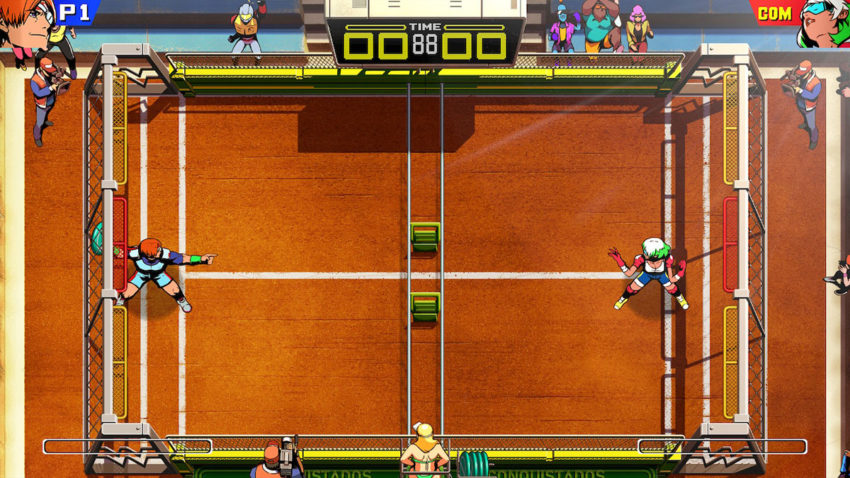
The clay court is a regular length and width, and the points layout is also standard: 5 for the center of the goal, 3 for the corners, and 2 for a missed throw. The twist here is the pair of bumpers in the middle of the court. These work as you’d expect, bumping your shots away at wild angles when they make contact. Bank shots can get pretty wild here, and you’ll need to mind where to use your Power Disc shots, as they can be stopped in their tracks by the bumpers.
Lawn

Although it’s third on the selection screen, the lawn is the most basic court in the game. It’s a standard shape, and points are spread out the same as the previous two courts. There’s nothing special about it, although considering it’s the only one without a twist, that in itself sets it apart.
Arena

This is similar to the lawn, with no tricks and the same point layout. However, it has a squashed, wide layout perfect for bank shots.
Tiled

Like the beach, the tiled court is classified as “narrow,” but banked shots aren’t always your friend. See, this is the first one that reverses the point layout: the center is worth 3 points, while the corners are where you’ll score 5. Dropped shots are still worth two, though.
Rooftop

The rooftop is a standard shape, but with the same reversed point layout as the tiled court. Additionally, dropped discs are worth a greater four points here. Bumpers are also back, but they stand farther apart from each other than the ones in the clay court.
Ring

There are no bumpers to mind here, but the wider layout is perfect for more banked shots off the walls. The reverse point layout is the same here in the ring, as are the four points you’ll be awarded when your opponent misses the disc.
Stadium

At first glance, the stadium just appears to be a regular-sized court with no tricks — until someone hits the five-point shot in the middle of the goal. When this happens, the five-point space will grow in the goal of the player who just scored and shrink for their opponent. In this way, a slight advantage is traded with every big score. Otherwise, you’re in for 3 points in the corners and 2 points for a dropped disc.
Casino

The casino is the most unpredictable court in the game, not because of its layout. The frisbee here is marked up like a poker chip, representing its value. Discs can be worth either 1, 2, 3, 5, or a whopping 8 points, and you’ll earn that number no matter where in the goal the disc lands or if it’s missed by your opponent. The value of the disc changes randomly with every fresh serve.
Junkyard

The junkyard combines a few different court permutations. The goals have the typical 5-point centers and 3-point corners, while dropped discs are worth 4. The set of bumpers here is where things get tricky — they slide anytime they’re struck. This adds a touch of unpredictability to the way shots can bounce through the middle of the court.

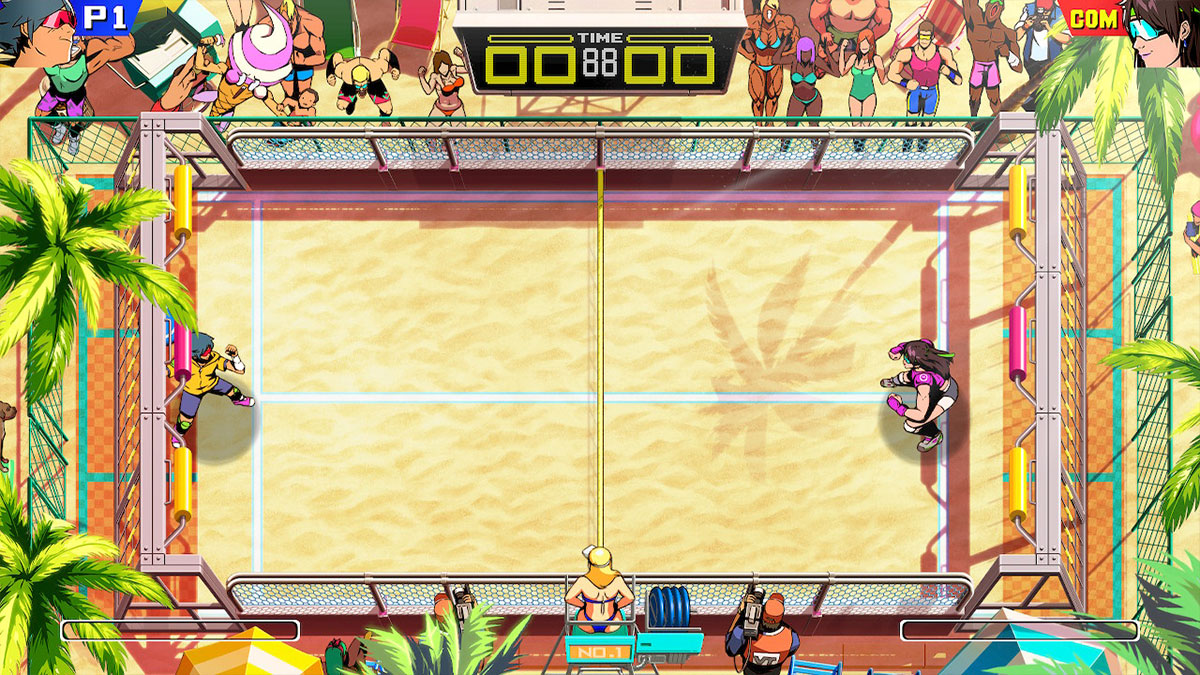
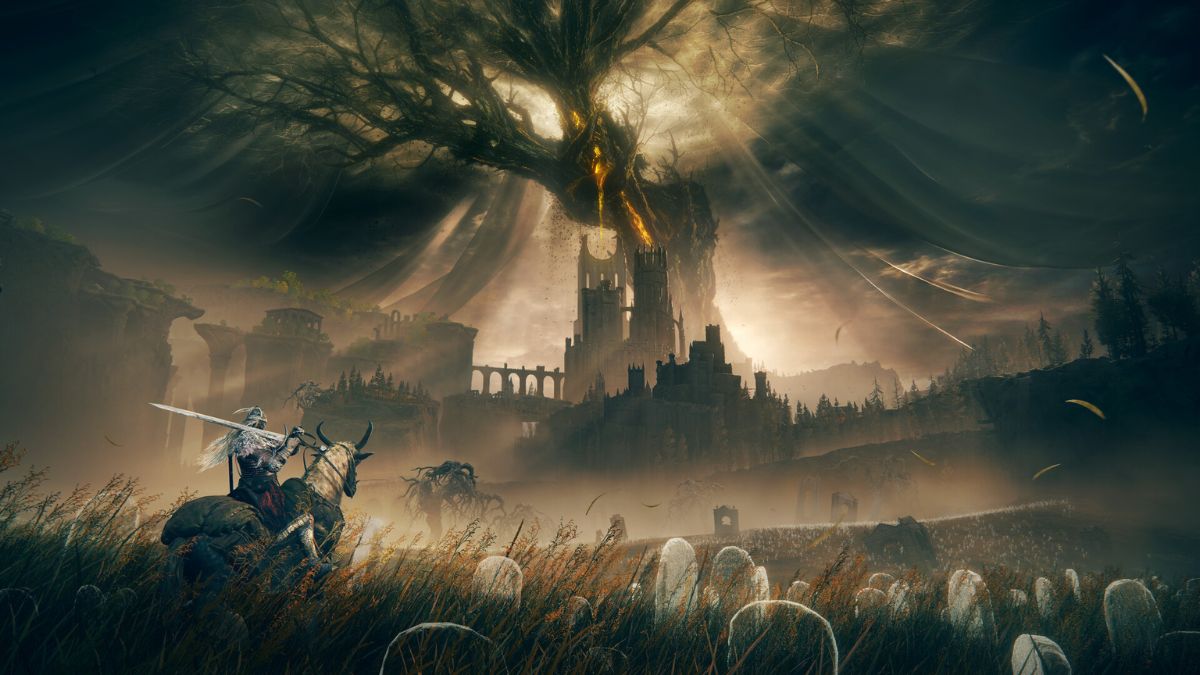
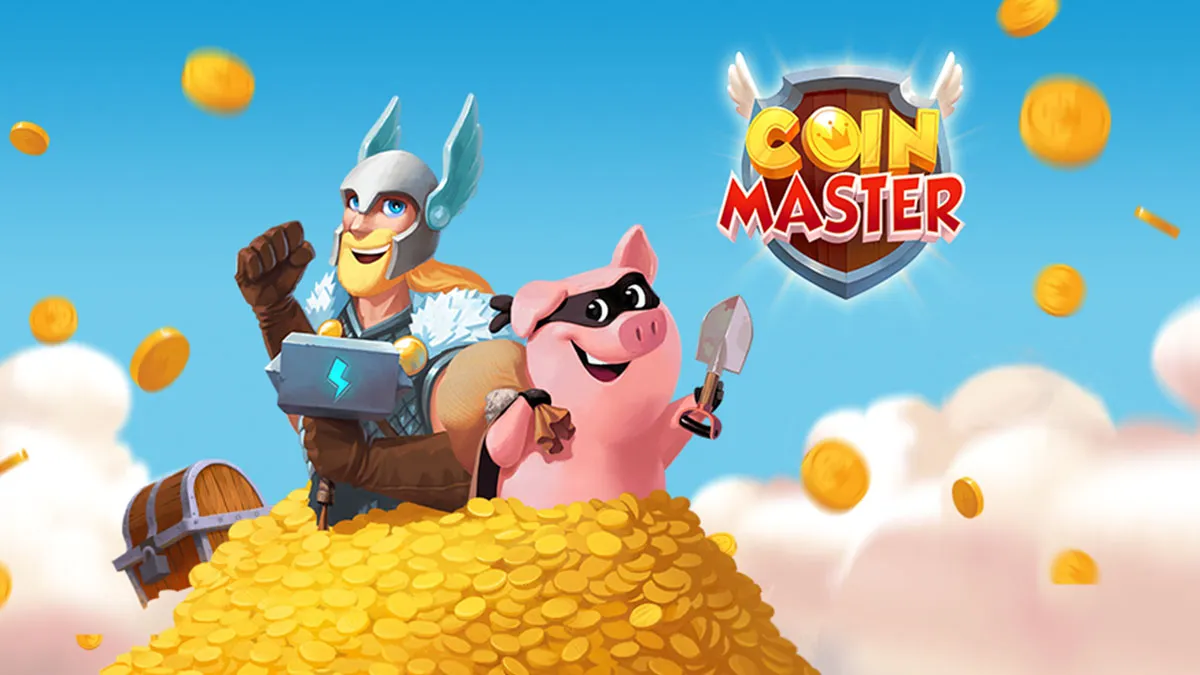
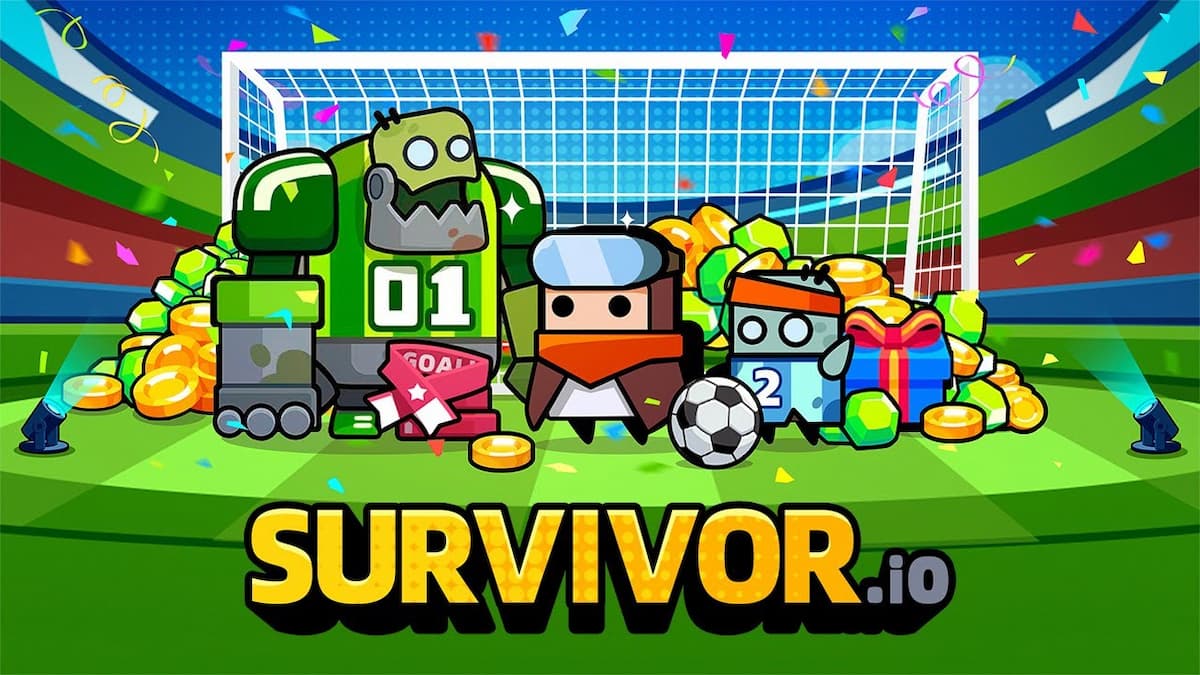

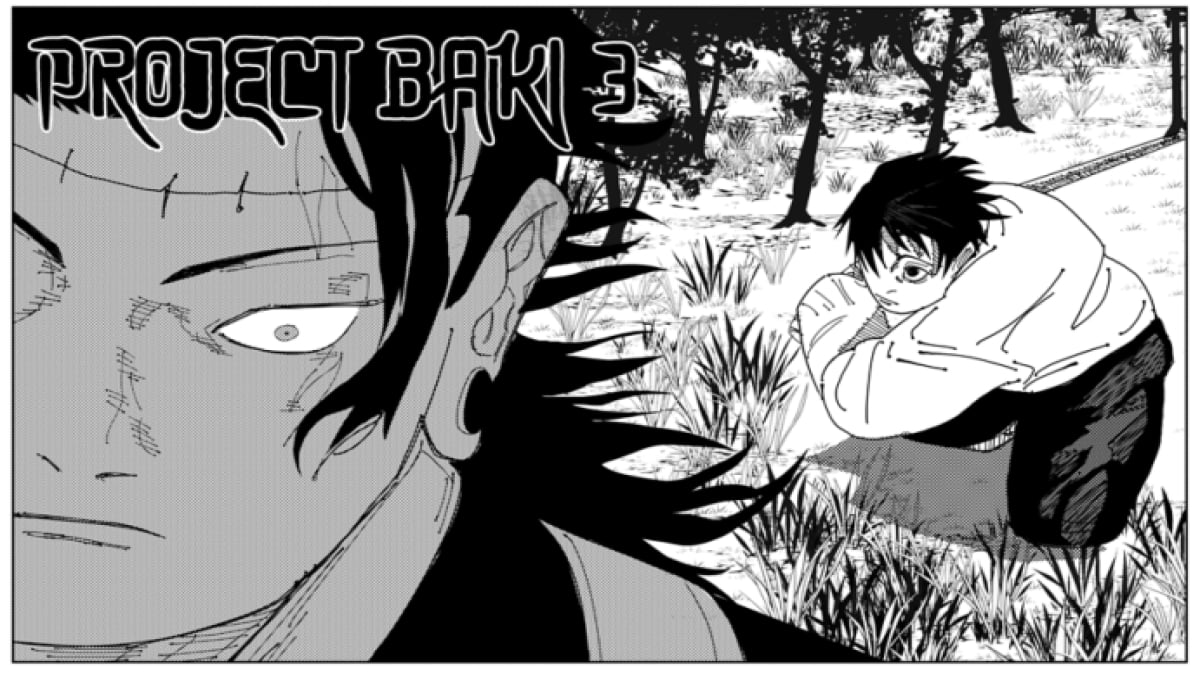
Published: Jan 20, 2022 04:20 am